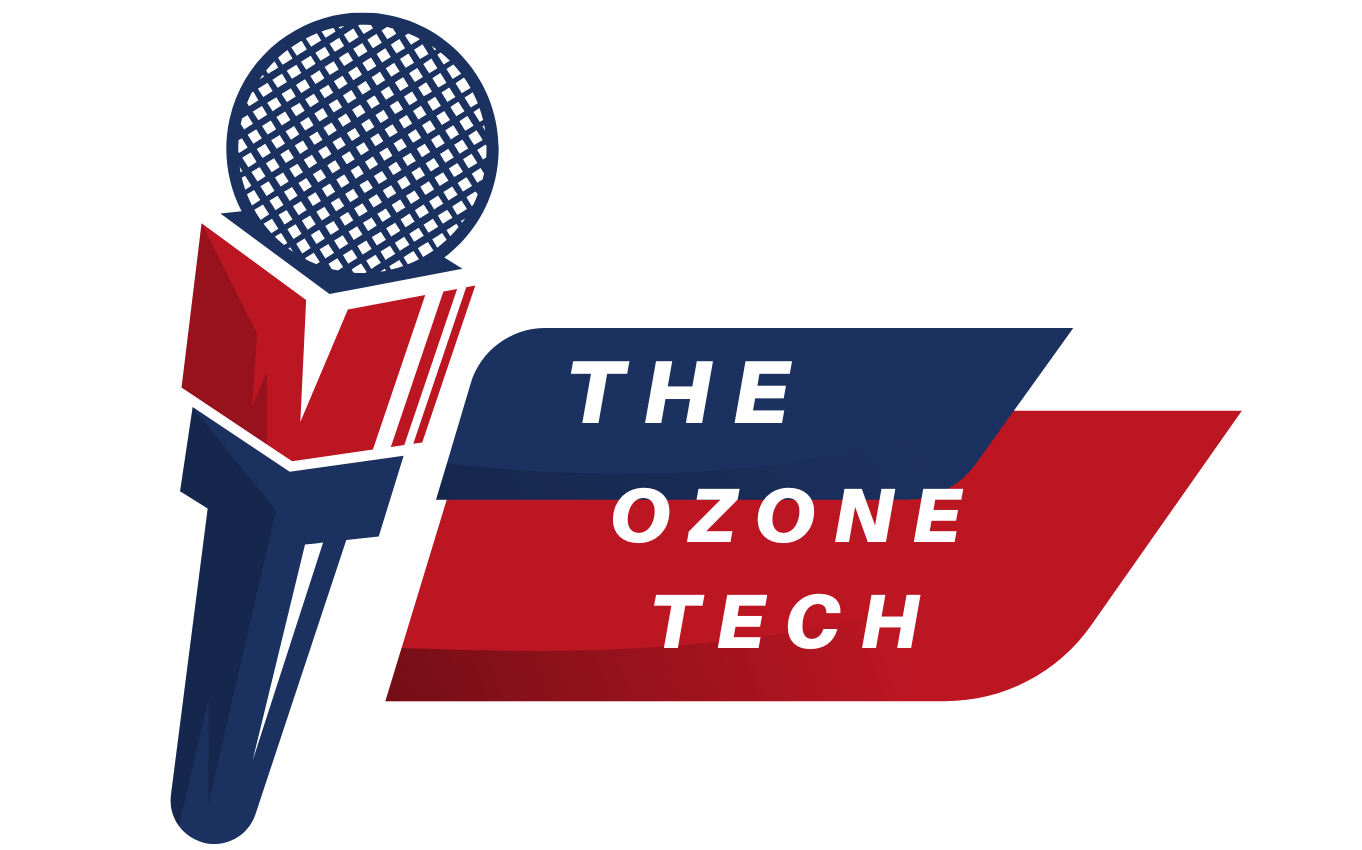Elon Musk has sparked widespread concern among federal employees after publicly naming individuals he believes should lose their government positions. The move, seen by critics as a direct attack on public servants, has heightened fears of job insecurity and raised ethical questions about targeting civil servants.
What Happened?
- Public Disclosure:
- Musk reportedly released a list of names of federal employees whom he claims are inefficient or redundant in their roles.
- The names were shared on social media and through statements tied to Musk’s advocacy for a leaner government structure.
- Justification:
- Musk has long been critical of government bureaucracy, arguing that inefficiency and overregulation stifle innovation and waste taxpayer money.
- He described the move as part of a broader effort to streamline government operations.
Reactions from Federal Workers
- Fear and Anxiety:
- Federal employees named by Musk have expressed concerns about their job security and safety, citing the potential for public backlash or harassment.
- Unions and advocacy groups have decried the action as harmful to morale and professional integrity.
- Condemnation from Civil Service Organizations:
- Groups like the American Federation of Government Employees (AFGE) have labeled Musk’s actions as reckless, calling for stronger protections against personal attacks on public workers.
Criticism of Musk’s Actions
- Violation of Privacy:
- Critics argue that naming individual employees publicly crosses ethical boundaries and invades their privacy.
- Potential for Harassment:
- Publicizing names opens individuals to potential online and offline harassment, creating a hostile environment for government workers.
- Undermining Trust:
- Targeting specific employees risks eroding trust in public institutions and the impartiality of government operations.
Support for Musk’s Position
- Advocacy for Efficiency:
- Some supporters believe Musk’s actions spotlight legitimate concerns about government inefficiency and overemployment in certain sectors.
- Transparency:
- Proponents argue that holding government employees accountable aligns with calls for transparency in the use of taxpayer money.
Implications of the Incident
- Impact on Federal Workforce:
- The incident could deter skilled individuals from pursuing government jobs due to fears of public scrutiny and politicization.
- Legal and Ethical Concerns:
- Legal experts warn that naming individuals without due process could expose Musk to defamation claims or other legal challenges.
- Increased Division:
- The controversy further polarizes debates on government reform, pitting advocates of smaller government against defenders of the civil service.
Conclusion
Elon Musk’s decision to publicize the names of government employees he deems expendable has ignited significant backlash, raising concerns over privacy, job security, and the ethics of targeting individual public servants. While the move aligns with Musk’s broader critiques of bureaucracy, its implications for federal workers and public trust in government remain contentious.








